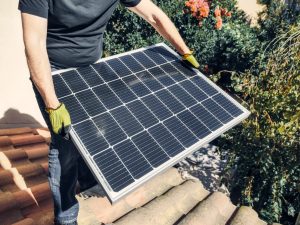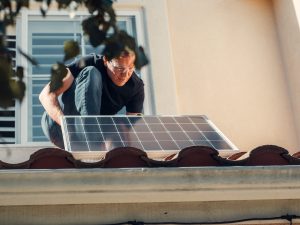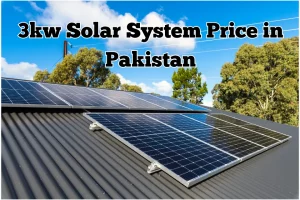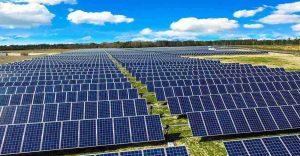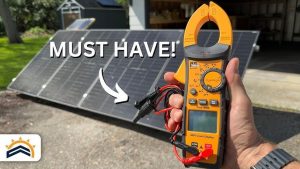How do you explain solar panels?
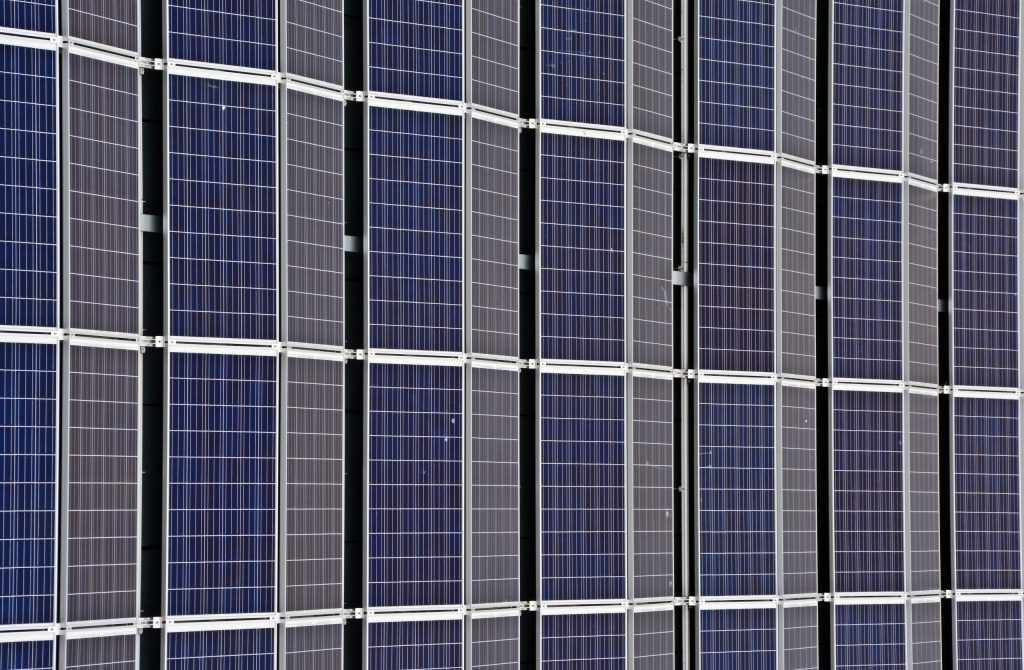
How do you explain solar panels?
How do you explain solar panels?
Solar panels a marvel of modern technology have become synonymous with sustainable energy. As we dive into understanding how to explain solar panels it’s essential to grasp their core components functionality types advantages challenges installation process and their impact on everyday life. Let’s embark on a journey to demystify the world of solar panels. How do you explain solar panels?
- Introduction
In a world increasingly focused on sustainable living solar panels stand out as a beacon of clean energy. These photovoltaic wonders harness the power of the sun to generate electricity offering an ecofriendly alternative to conventional energy sources.
- What are Solar Panels?
also known as photovoltaic modules are devices designed to capture sunlight and convert it into electricity. Composed of multiple cells these work collectively to generate a direct current DC that can be transformed into alternating current AC for use in homes businesses and various applications.
- How do Solar Panels Work?
Photovoltaic Process
The magic behind lies in the photovoltaic process. When sunlight strikes the solar cells it excites electrons creating an electric current. This flow of electrons is then captured and converted into usable electricity.
Solar Inverters
inverters play a crucial role in this process by converting DC into AC making the electricity compatible with household appliances and the power grid.
- Types of Solar Panels
Understanding the different types of is vital for anyone considering a energy system.
Monocrystalline
Known for their efficiency monocrystalline panels are made from a single crystal structure offering a sleek and spaceefficient option.
Polycrystalline
Polycrystalline panels while slightly less efficient are more costeffective. They are made from multiple crystal structures.
ThinFilm
Thinfilm are flexible and lightweight suitable for unconventional surfaces. However they are less efficient than crystalline counterparts.
- Advantages of Solar Panels
Renewable Energy Source
harness an abundant and renewable energy source – the sun. This translates to a continuous and sustainable power supply.
Cost Savings
Investing in can lead to substantial cost savings in the long run with reduced reliance on conventional energy sources.
Environmental Benefits
Reduced carbon footprint and lower emissions contribute to a healthier planet making a crucial part of the green energy revolution.
- Challenges of Solar Panels
While offer numerous benefits there are challenges that need consideration.
Initial Cost
The upfront cost of purchasing and installing can be a barrier for some. However various incentives and rebates aim to offset these initial expenses.
Weather Dependence
rely on sunlight making them weatherdependent. Cloudy days or nighttime result in decreased energy production.
Aesthetics
For some the appearance of on rooftops may be a concern. However advancements in design are addressing these aesthetic considerations.
- Installing Solar Panels
Location Considerations
Optimal placement is crucial for maximizing efficiency. Factors like roof orientation and shading must be taken into account during installation.
Installation Process
Professional installation ensures that the are set up correctly and inverters are connected to seamlessly integrate with the electrical system.
Maintenance Tips
Regular cleaning and inspections are essential to ensure the function efficiently. Clearing debris and monitoring for damage can extend the lifespan of the system.
- Solar Panels in Everyday Life
Residential Use
Many households are embracing as a primary or supplementary power source reducing reliance on the grid.
Commercial Applications
Businesses are also incorporating energy solutions to cut costs and demonstrate corporate responsibility.
SolarPowered Gadgets
From portable chargers to outdoor lighting solarpowered gadgets are becoming increasingly popular for their sustainability.
- Future Trends in Solar Technology
As technology evolves so do . Future trends include:
Efficiency Improvements
Ongoing research aims to enhance the efficiency of making them even more effective in harnessing sunlight.
Energy Storage Solutions
Advancements in energy storage technology are making it easier to store excess energy for use during periods of low sunlight.
Innovations in Design
are evolving aesthetically with innovative designs that blend seamlessly with various architectural styles.
- Frequently Asked Questions
How long do solar panels last?
typically have a lifespan of 2530 years or more with regular maintenance.
What factors affect solar panel efficiency?
Efficiency can be influenced by factors like shading temperature and the angle of the
Are solar panels suitable for all climates?
can function in various climates although their efficiency may be affected by extreme weather conditions.
Can I install solar panels myself?
While it’s possible for DIY enthusiasts professional installation is recommended to ensure optimal performance and safety.
What is the payback period for solar panel installations?
The payback period varies but is generally around 510 years depending on factors like energy usage and local incentives.

Source of Image: https://www.pexels.com/photo/closeup-shot-of-solor-panel-159243/
